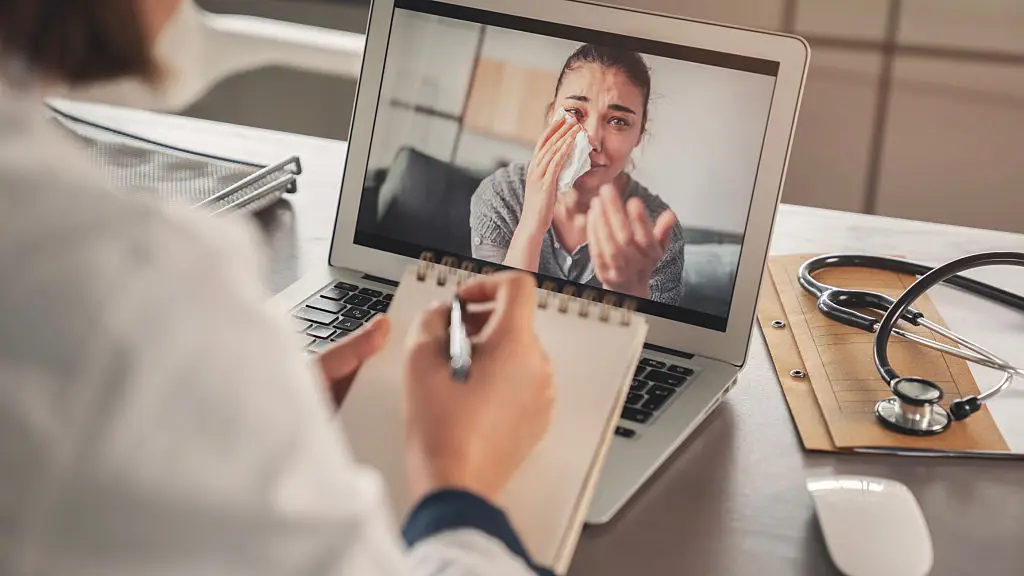11 Essential Steps to Overcoming Addiction: The Recovery Roadmap
Choosing recovery is a deeply personal act of courage—one that often doesn’t come easily, and rarely on the first try. If you or someone you care about is exploring the path to overcoming addiction, it’s important to remember that every journey looks a little different, but every step forward counts. Whether this is your first attempt or you’ve walked this road before, you’re not alone. These eleven essential steps offer a compassionate, practical roadmap supported by expert insight and lived wisdom. Think of them not as a rigid rulebook, but as gentle guideposts—flexible enough to honor your unique experience, yet rooted in strategies that truly help. Each step blends evidence-backed advice with understanding, offering hope, reassurance, and real-life suggestions for moving forward. Recovery isn’t a test of character or willpower—it’s a lifelong journey of learning, adapting, and rediscovering yourself. As you read on, take what resonates, adapt it to your real life, and remember: healing doesn’t happen in a straight line. Progress, no matter how small, deserves to be celebrated.
1. Acknowledge the Problem with Compassion
Admitting to yourself that you’re struggling with addiction isn’t easy. For many, denial feels protective—it shields us from pain and judgment, at least for a while. Yet, the first step on any recovery journey is gently turning toward the reality of the problem. This isn’t about labeling yourself or assigning blame. Rather, it’s an act of self-respect and, as many experts note, an act of courage. Recognizing addiction means you’re choosing to see yourself—strengths, struggles, hopes and all—with honesty and care. There’s a common misconception that admitting a problem is shameful or weak. But in truth, every story of recovery begins here, because acknowledging your reality is your first act of change. Wherever you are on your journey, remember: the simple act of saying, “I need help,” is worth honoring. The person who admits there’s something to face is the person who is ready to heal.
2. Seek Professional Guidance and Support

While recovery is a deeply personal undertaking, involving a professional can greatly increase success. Addiction specialists, primary care doctors, counselors, and support clinics provide expertise and accountability that’s often hard to find alone. You might worry that professional help is out of reach, but access is more varied than ever. Telehealth therapy and local clinics can help bridge gaps for those with busy schedules or limited transportation. Statistics show that just one in ten people with substance use challenges actually receives professional treatment—often due to stigma, fear, or lack of information. Know that asking for help is not a burden or a sign of failure. Whether you choose in-person visits, online appointments, or community resources, every pathway is valid. Professional guidance does more than provide medical advice; it connects you to people whose job is to support your recovery, not judge it.
